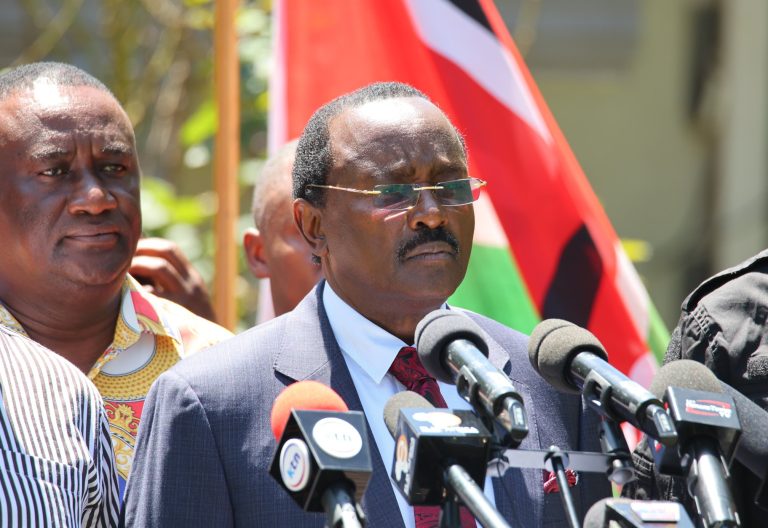Lessons from climate change conference
By Editorial.Team, November 4, 2021
The ongoing United Nations Climate Change Conference (COP26) in Glasgow, Scotland, should be an eye-opener on the role the State and private sector play for a cleaner and greener environment.
As President Uhuru Kenyatta stated during his address, Kenya is determined and on course to achieve a full transition to clean energy by the year 2030, which is no mean feat.
Indeed, Kenya boasts significant progress in advancing access to affordable, and clean energy for all, having increased access to electricity from below 30 per cent in 2013 to more than 75 per cent in 2020.
The steady appetite for green energy is evident as the country steadily exploits and deploys geothermal potential, currently estimated to be 10,000 Megawatts. Heck, with the likes of Lake Turkana Wind Power Project, which is the biggest wind power plant in sub-Saharan Africa, we are up there with the rest of the world.
However, we must now move beyond geothermal, wind, solar and hydro-electric installations. It is about time to open up to more possibilities to grow an economy that banks on low carbon, resource efficiency and social inclusivity.
One where growth in employment and income is not only driven by public investment, but also in private economic activities, leveraging a green economy. This is because climate change now remains the biggest challenge of our age amid the coronavirus pandemic.
Truth is that Kenya’s economy is hypersensitive to climate since it is prone to drought and floods with an economic liability estimated at 3 per cent of GDP annually.
This is proof that as Kenyans, we have an urgent need to build climate resilience particularly in agriculture, water, energy, tourism and wildlife.
The good news is that Kenya is far ahead of its peers. The country is an African pioneer in Green Bonds, with the launch of Kenya’s first Green Bond, which was dual-listed in Nairobi and London last year to set up green buildings.
A lot of funds have come into the country to help actualise the deals. For example, Kenya got a Sh16 billion financing agreement from the World Bank meant to strengthen resilience to the impact of climate change.
As experts say, COP26 is a make-or-break for humanity and the planet, so it is up to Kenyans to quickly take action and ensure that efforts and inputs must bear fruits for our own good and future generations.

